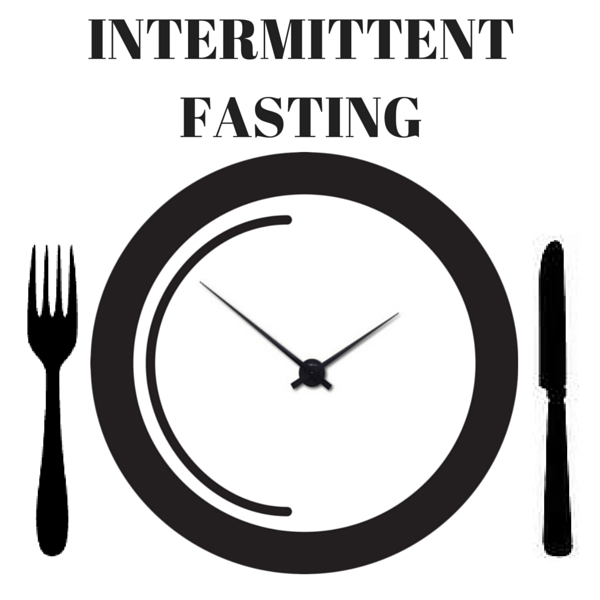Very late in the day I realized that Nutrition was my calling. As all women I suffered midlife crisis with ample time on my hands
and nothing meaningful to do. I do not have an inspiring story about astonishing weight loss or a dramatic before after scenario. But I was passionate about food and eating. I also truly believed health is wealth and I know this sounds quite contradictory. Once I started my studies all my doubts began to clear and I realized that in the world of medicine and nutrition, nothing can be the gospel truth. New researches and Studies are being conducted everyday and what was unhealthy yesterday could be healthy today.
Earlier I was completely unaware of the basic concepts of nutrition as most people are. We always confused with caloric intake without knowing the difference between healthy, nutritious calories and unhealthy calories. For e.g.- people will consume all kind of junk and unhealthy food but if you tell them to consume a piece of cheese, the classic response would be “ohh but isn’t that fattening?” People consume samosas and other fried food in recycled spoiled oil or puchkas with the most unhygienic water but if u ask them to consume a protein supplement the first question they would ask is does it have any side effects?
In whichever little way if I can change people’s mindset I would feel I have achieved my purpose and I have been extremely lucky to have excellent teachers and mentors.

